Dec. 13, Libya SASG Williams meets Libya PC head Al-Menfi, FM Al-Mangoush, other top officials for talks on upcoming elections, internal security, political stability.
Dec. 16, militias surround, temporarily occupy PC headquarters in Tripoli.
Dec. 17, SOHR reveals Turkey stop transferring affiliated Syrian mercenaries to/from Libya until after elections.
Dec. 18, Williams holds “frank dialogue” with Benghazi municipal council members incl. leader Saqr Bujwari on city reconstruction, illegal immigration, decentralization.
TRIPOLI
- Dec. 16, a number of militias, including forces belonging to Salah Badi, a military commander from Misrata, surrounded and took control of the headquarters of the Presidential Council in Tripoli. The Presidential Guard withdrew from their positions when they were attacked. Light and sporadic clashes took place, with the sounds of shooting heard, witnesses told Sputnik. Earlier, Badi had threatened to use weapons, take control of all state institutions in Tripoli and Misrata, and refuse to hold the upcoming Presidential elections;
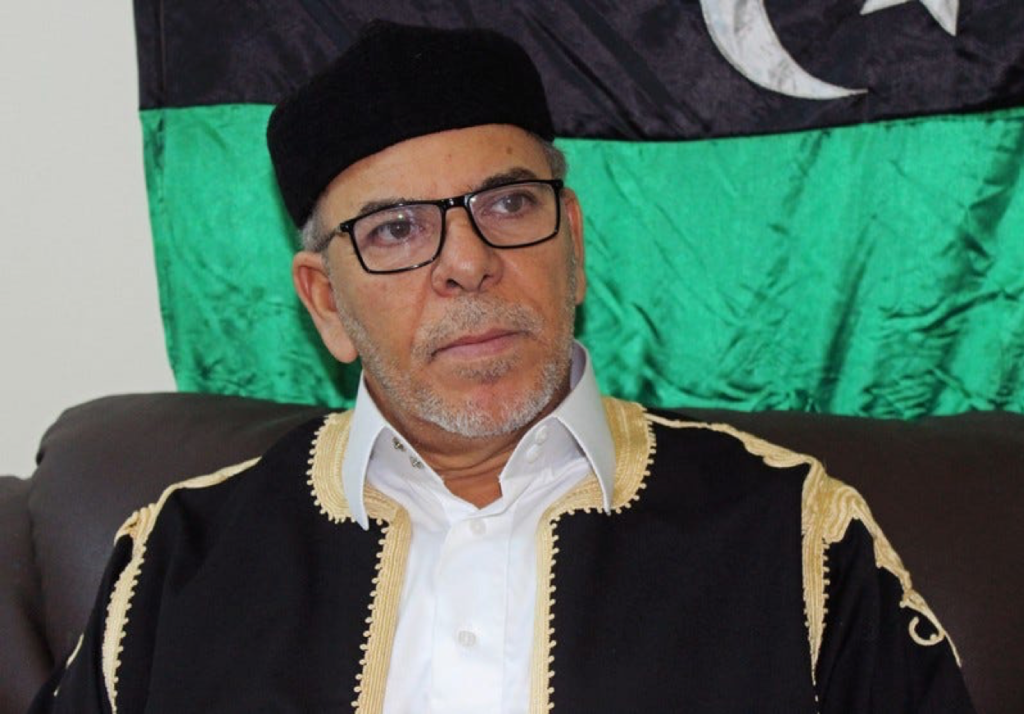
- A gang in Libya is believed to have kidnapped 13 Egyptian workers Dec. 16, and demanded a ransom of more than USD 8,000 from their families to release them.
BANI WALID
- Dec. 19, Bani Walid General Hospital received 4 migrants with gunshot wounds after they were shot in the city centre by unknown assailants who fled. An employee at the Emergency Department at Bani Walid General Hospital said, in statements, that these migrants received all first aid and treatment upon their arrival. The employee confirmed that the condition of the injured people is not serious. He pointed out that they were handed over to the International Organization for Migration (IOM).
JAFARA
- Dec. 18, the Libyan Interior Ministry said that the police found large quantities of ammunition and explosives hidden inside a house in the Jafara region, Northwest of the country. The explosives were hidden in the house of a “bandit,” the statement said, adding that ammunition and explosives were found in cooperation with the Department of Security and Safety Al-Zawiya.
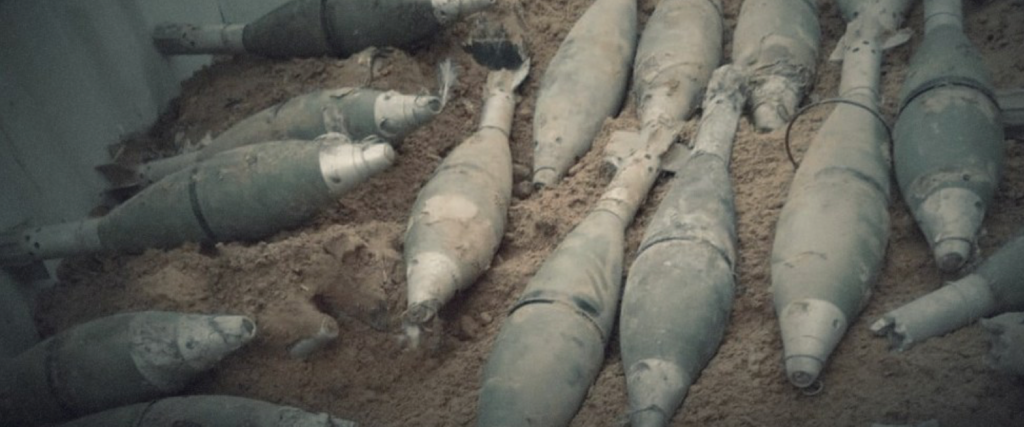
SEBHA
- Dec. 14, a medical source at the Sebha Medical Center said that they received two deceased and seven wounded cases, as a result of the armed clashes that took place in the city at dawn. One of the deceased was a civilian, who was struck by a stray bullet. He added that two of the wounded were also civilians, who were able to receive the necessary medical care and left the hospital, after being hit by shrapnel. A senior military source confirmed the outbreak of armed clashes between units of the Libyan National Army (LNA) and an armed group affiliated with the Government of National Unity (GNU). The source said that the 116th Battalion, led by Masoud Al-Jadi attempted to attack LNA positions in the city. The military source added that “the army forces managed to defeat the attack, after armed clashes which lasted about two hours.”
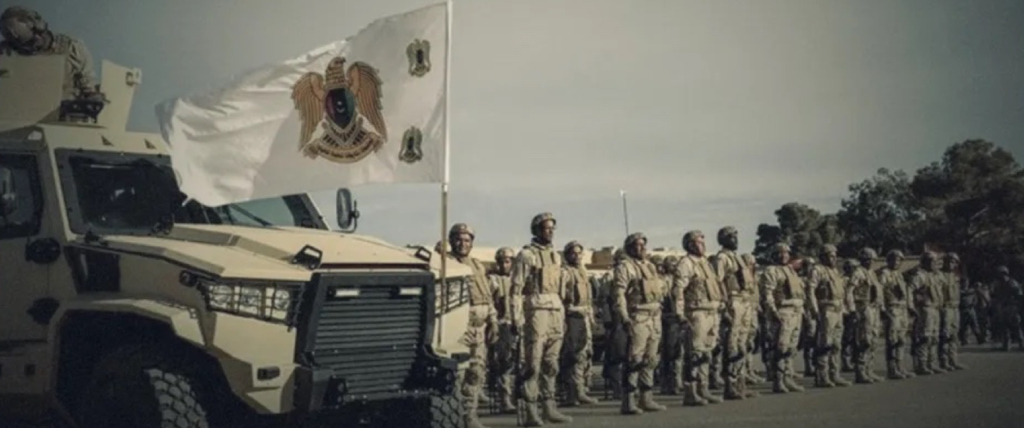
TOBRUK
- Dec. 18, the Libyan Ministry of Interior announced seizing 70 kg of hashish which was in the possession of a drug smuggler. They caught the smuggler red-handed between Tobruk and Benghazi.
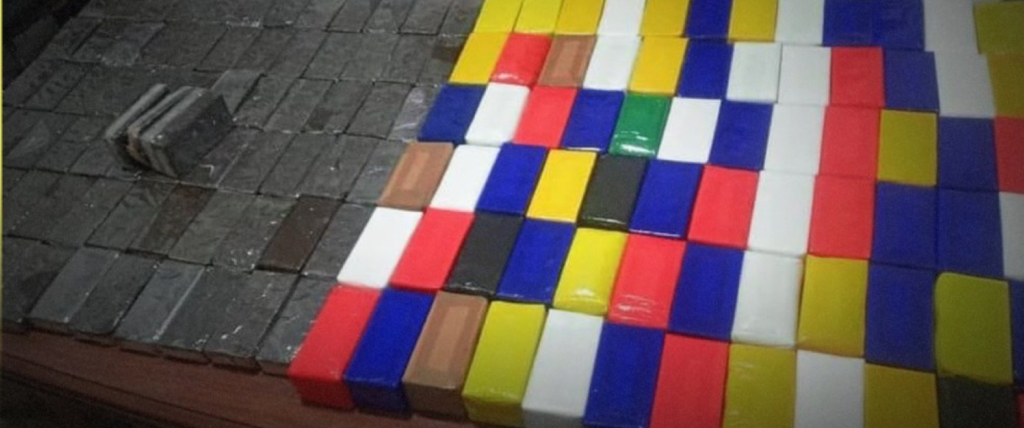
AL-ZAHRAA
- Dec. 17, the Mayor of Al-Zahraa Municipality, Abdel Nasser Abu Qadeerahm said that six children died and two others were injured, as a result of the explosion of a shell from the 2014 war. This occurred in the Qaraqouza area, on the outskirts of the Tuwaybia area in Warshafana.
NATIONAL POLITICS AND SOCIAL ISSUES
- Dec. 20, the Supreme Council of Libyan Tribes and Cities expressed its refusal to postpone the elections. They claimed the delay was “a malicious attempt to perpetuate the crisis,” according to a statement by the council. In its statement, the council held the United Nations (UN), its Security Council and its mission in Libya responsible for the failure that occurs in the conduct of the elections or their postponement. The statement warned that it will lead the country to “a fate that only God knows, and this is the goal of the agents from the ground up,” according to the statement;
- Dec. 18, the Special Adviser to the Secretary-General of the United Nations (UN) on Libya, Stephanie Williams, held a meeting with the President of the Steering Council of the Municipality of Benghazi, Engineer Saqr Bujwari, and members of the Municipal Council. During the meeting, which she described as a “frank dialogue,” Williams discussed a package of issues that concern the city, especially reconstruction, illegal immigration, and the need for decentralization. Last week, Stephanie Williams met with the members of the 5+5 Joint Military Commission (JMC) in Sirte to try to prevent any violence which might jeopardise the elections;
- The Commander of the Joint Security Chamber of Sirte, Brigadier General Saleh Al-Maghrabi stated that the 5 + 5 Joint Military Commission (JMC) met Dec. 16-17 in Sirte. This follows a meeting attended by Chief of Staff of the western-based Army, Major General Mohamed Al-Haddad, and the designated Commander in chief of the eastern-based Libyan National Army (LNA), Lieutenant-General Abdulrazek Al-Nathouri, on Saturday in Sirte. The meeting was the first of its kind between the two parties after a number of positive meetings, which brought together military leaders in the Shwerf region;
- Dec. 13, Special Adviser to the United Nations Secretary-General (SASG) for Libya, Stephanie Williams met with the Head of the Libyan Presidential Council, Mohamed Al-Menfi. They discussed the latest developments in the political process in Libya, and arrangements for the upcoming elections. In a separate meeting, Williams held a discussion with Foreign Minister, Najla Al-Mangoush who praised William’s efforts to secure the political process in Libya. Al-Mangoush affirmed the support of the Government of National Unity (GNU) for the electoral process, and its success despite the current difficulties. In turn, Williams praised the success of the Libya Stabilisation Conference, which was organized by the MFA in Tripoli, on 21 October.

INTERNATIONAL RELATIONS
- The UN Security Council is deliberating holding an emergency session to discuss the latest developments in Libya. This comes amid increasing indications that the Presidential elections will not be held Dec. 24 as scheduled. The session is expected to be attended by the outgoing UN Envoy to Libya, Ján Kubiš and Special Adviser to the Secretary-General, Stephanie Williams, who will provide a briefing on the latest developments. It is also expected that the upcoming session will address the reasons for the delay in issuing the final lists of candidates for the elections, and whether there is a party that caused this stumbling block. The date has not yet been set, pending final confirmation of the fate of the elections in Libya;
- Dec. 19, the UN Special Sanctions Committee for Libya held a closed meeting at the UN Headquarters to follow up on the frozen funds file. The meeting was attended by a delegation from the Libyan Investment Authority (LIA) headed by the Chairman and Executive Director, Dr. Ali Mahmoud, and the Libyan Mission to the UN. It was chaired by Ambassador Tirumurti, Chairman of the Sanctions Committee and Ambassador of India’s Mission to the UN. The meeting was also attended by representatives from the member missions of the UN Sanctions Committee (United States, United Kingdom, France, Russia, China, Norway, Tunisia, Estonia, Kenya, Ireland, Mexico, Saint Vincent, Vietnam);
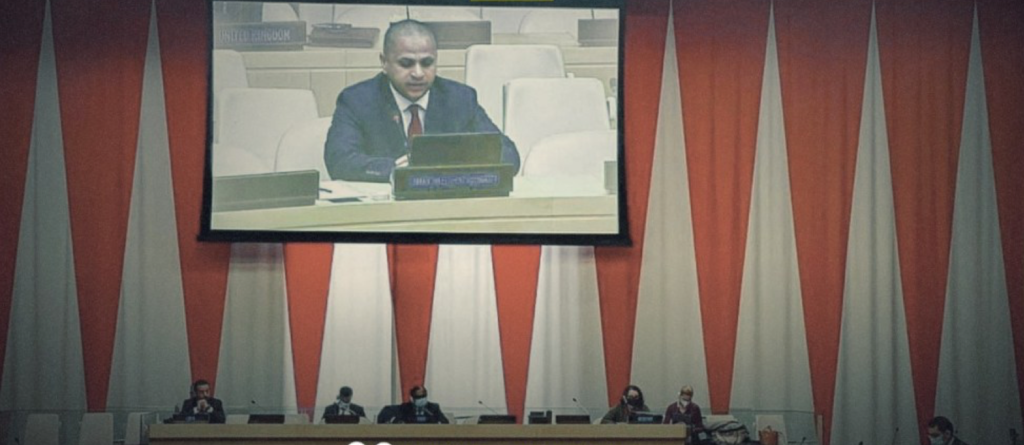
- Dec. 17, Turkish President, Recep Tayyip Erdoğan hosted the Head of the Libyan Presidential Council, Mohamed Al-Menfi at the Dolmabahçe Palace in Istanbul. The parties discussed the latest political and field developments in Libya, as well as bilateral relations in various sectors and fields;
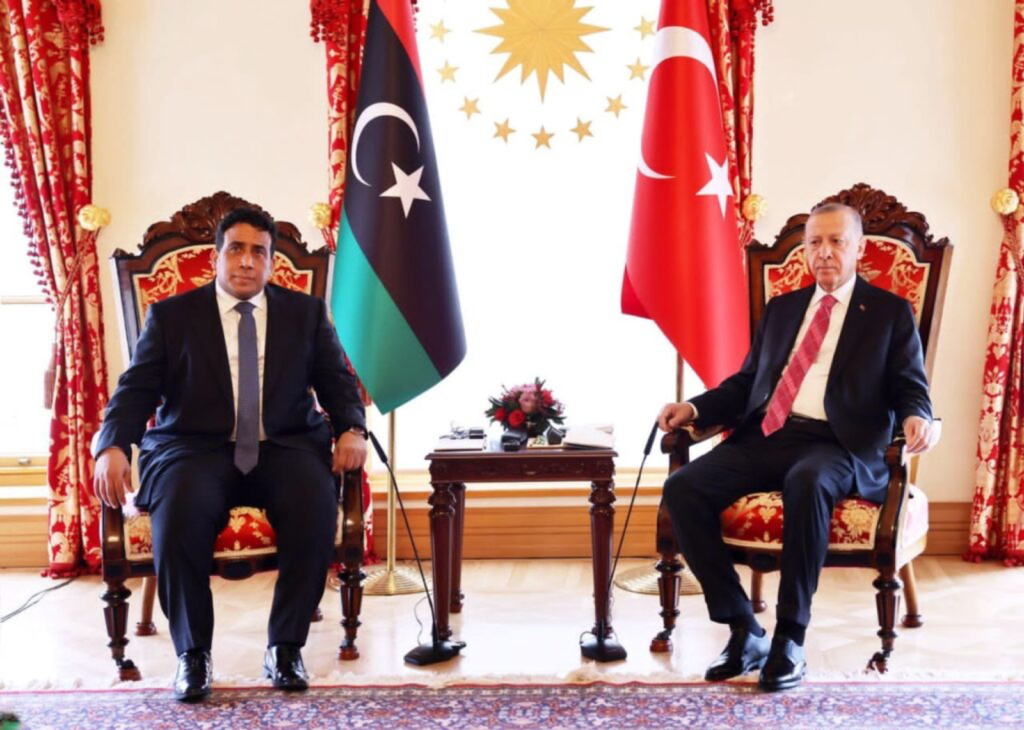
- Dec. 17, the Syrian Observatory for Human Rights (SOHR), citing reliable sources, revealed that the Turkish authorities have decided to suspend the transfer of their-affiliated Syrian mercenaries to and from Libya. This is until the end of the Presidential elections in Libya, scheduled to be held Dec. 24;
- Dec. 16, The British Office of Financial Sanctions Implementation (OFSI) imposed financial and commercial sanctions on individuals and organizations in Libya, to prevent human rights abuses, smuggling, and human trafficking activities. According to a statement by OFSI, the list of individuals and organizations subject to financial sanctions in Libya is outside any sanctions that the European Union can apply, and comes in line with Security Council resolutions in this regard;
- Dec. 15, Russian Foreign Minister, Sergey Lavrov called on the United States and the European Union not to meddle with Libya’s sovereign affairs. When asked to comment on candidates for Libya’s upcoming Presidential elections, he said he would not take the liberty to do so, “I strongly discourage the Americans and Europeans from trying to decide another nation’s fate. Let Libyans decide for themselves,” Lavrov said in an interview with Egypt’s TeN television;
- Dec. 13, the African Union’s (AU) office in Tunisia will Head to Libya to participate in observing the upcoming Presidential elections scheduled for December 24. The interim-Prime Minister of the Government of National Unity, (GNU), Ramadan Abu Jnah held a meeting with the Special Adviser to the Secretary-General of the United Nations on Libya, Stephanie Williams. He affirmed the government’s full readiness to conduct the elections on 24 December, describing it as the only solution to end the Libyan crisis.























